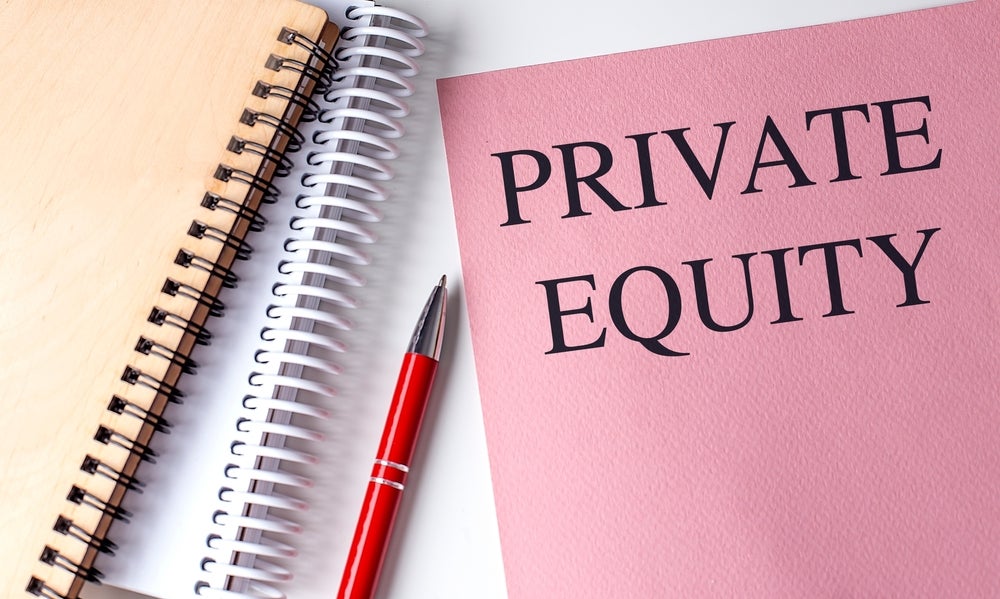
Financial markets continue to react to the spread of the Covid-19 pandemic, with market sell-offs and liquidity drying up. Stephane Monier, CIO of Lombard Odier, tells PBI the outlook for H1 and the remainder of 2020, anticipating a return to positive territory for company reporting before year’s end.
Monier says: “Some politicians have referred to the Covid-19 pandemic as a war against an invisible enemy. Financial markets have reacted to the spread of the virus with sell-offs and drying up liquidity that looks similar to the reactions seen at the start of the twentieth century’s two world wars.
“As the economic expansion lengthened and broadened last year, and for the US economy became the longest on record, a key question in investors’ minds was how the cycle would end. The traditional pattern of rising inflation forcing monetary policy to turn restrictive looked increasingly implausible. As a result, an external shock started to seem the most likely alternative. At the start of the year, investors did not know what that shock might be, and looked for geopolitical threats. We know now the answer to that question.
“Near-complete shutdowns of entire economies for months will inevitably have a deep impact on near-term growth. An economic contraction of possibly unprecedented depth looks likely in the first half of this year.
“Nevertheless, our expectation is that, as public health measures (see chart 1) taken in Europe and North America start to become effective, the decisive fiscal and monetary measures put in place by governments and central banks will eventually kick-in. For this reason, beyond an inevitable recession in corporate earnings in the first half of this year, we expect the second six months of 2020 to see an economic recovery that returns company reporting to positive territory before the year’s end.
The road here
He continues: “2019 ended with higher-than-expected returns across most asset classes, thanks in particular to the policy U-turn by central banks and early optimism over the US-China trade truce that had halted the escalation of new import tariffs. At the start of this year, we still faced low but stable growth and a low interest rate environment, but consumer spending had proven resilient.
How well do you really know your competitors?
Access the most comprehensive Company Profiles on the market, powered by GlobalData. Save hours of research. Gain competitive edge.

Thank you!
Your download email will arrive shortly
Not ready to buy yet? Download a free sample
We are confident about the unique quality of our Company Profiles. However, we want you to make the most beneficial decision for your business, so we offer a free sample that you can download by submitting the below form
By GlobalData“At that time, we favoured carry strategies for multi-asset portfolios, such as emerging market debt in hard currency, real estate, infrastructure and high yield credit. In contrast, we maintained a slightly underweight position in equities and, with negative yields on sovereign bonds, had a number of alternative portfolio hedges in place, including gold and put options. By the middle of January, we began adding US Treasuries to portfolios, which offered both yield and a hedge.
“As quarantine measures have moved from Asia to Europe and North America, containment efforts are slowing and shutting down economies. Based on the epidemic’s trend in China and South Korea, markets are expecting that a peak in cases in the rest of the world is still a number of weeks or even months away.







